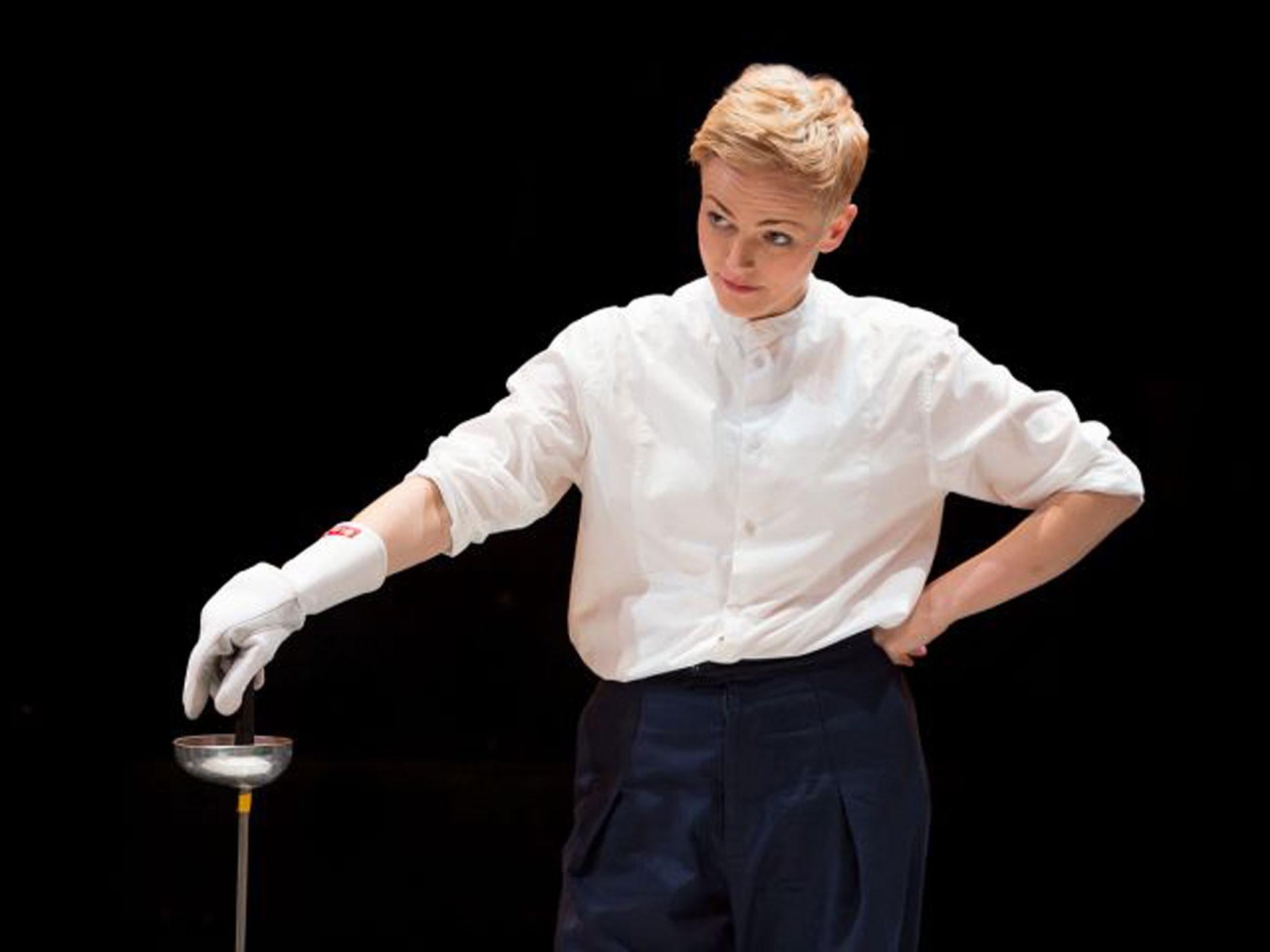Page 3 Profile: Maxine Peake, Actress

Just one of the guys?
A new production of Hamlet featuring the actress Maxine Peake in the title role has left critics divided, with verdicts ranging from “stunningly good” to “not fully rounded”. Peake is starring as the Prince of Denmark, regarded as one of the most complex literary creations ever, in the Shakespearian tragedy, staged at Manchester’s Royal Exchange theatre.
Why was an actress cast to play a male part?
Peake, 40, is the first high-profile actress to step into the role in the UK since Frances de la Tour’s turn as the vengeful prince in 1979, but it used to be commonplace for actresses to take on male Shakespearian characters. Sarah Frankcom, artistic director of the Royal Exchange, said: “Until this century, there was a massive tradition of women playing this role. For a lot of well-regarded female actors in the Victorian age and before, it was seen as part and parcel of your journey and genesis as an actor.” In addition to casting Peake as Hamlet, Frankcom has changed the genders of Polonius, Marcellus and Rosencrantz.
Is Peake up to the job?
The actress, originally from Bolton, starred as Veronica in the first four series of Shameless from 2004. More recently she has appeared as the barrister Martha Costello QC in the BBC legal drama Silk and as Grace Middleton in The Village. Peter Moffatt, the writer of the series, has hailed Peake as “the best actress of her generation”. The actress, who portrayed Ophelia in Hamlet at the West Yorkshire Playhouse in Leeds in 2002 and the prostitute Doll Tearsheet in the BBC’s Henry IV in 2012, said she jumped at the chance to play Hamlet because of a scarcity of great parts for women and because she found Shakespeare’s female roles “quite problematic”. Hamlet is “the ultimate part” and is more well-rounded than female theatre characters, the actress told the BBC.
Could this signal a transformation in the casting process?
She said she wants to show other actresses that it is possible to handle male characters: “Sometimes there have been male roles where I’ve thought, ‘I could do that. Just because I haven’t got the appropriate genitalia doesn’t mean I can’t understand that.’” She added that she hopes “nobody will question” casting decisions based on the gender of the performer in years to come, and that what matters is that the performer cast is “the right person for the role”.
Join our commenting forum
Join thought-provoking conversations, follow other Independent readers and see their replies
Comments
Bookmark popover
Removed from bookmarks